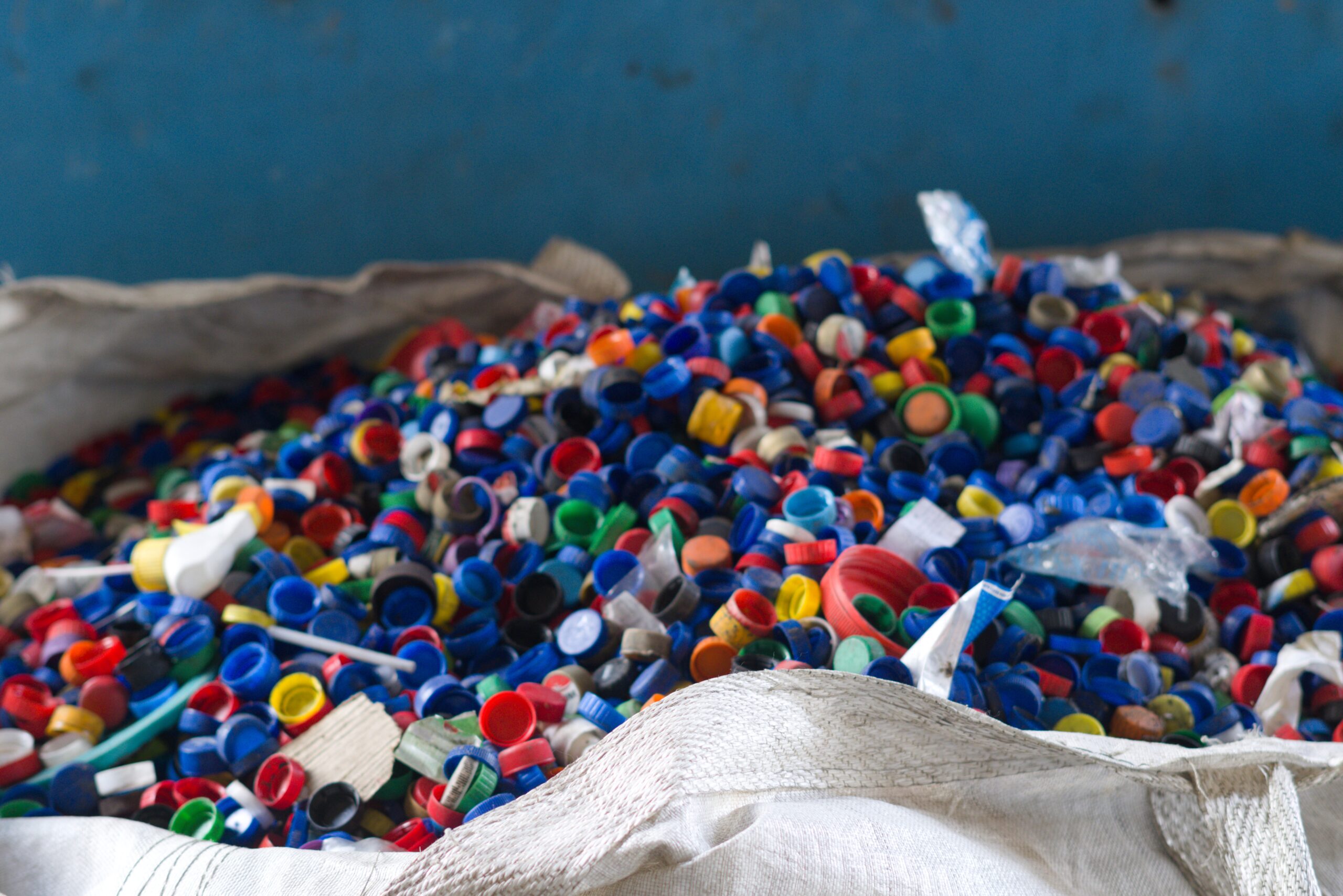
From Global Treaties to Lagos Streets: The Rising Tide of Plastic Pollution
Plastic pollution; an exacerbating factor of climate change, biodiversity loss, ocean acidification[1] and by extension, a recipe for health, economic, social, and moral challenge that connects our beaches, our waterways, our cities, and our children. The proliferation of plastic pollution has been at an alarming rate for factors like being cheap, accessible, versatile yet they are a combination of chemicals[2]. Recycling? Yes! But what quantum of plastics are being recycled compared to the existing plastics in the earth system[3], this begs the Whole-life-cycle approach which must be deployed to tackle this rudimental pandemic. Around the world today, through International Treaties, Regional Laws, National policies, and local action, momentum is growing. This campaign is part of that collective effort. Below are key policy developments, global to local and reflections on what it all means, especially here in Lagos.
| Level | Instrument / Treaty | Scope & Key Features | Notes & Relevance to Lagos/Nigeria |
| Global / Cross-functional MEAs | Basel Convention on the Control of Transboundary Movements of Hazardous Wastes and Their Disposal | Originally about hazardous wastes, but plastic waste often discussed under its remit. | Provides a global framework; Nigeria must align national policy with such conventions. |
| Global Plastic Pollution Treaty (in negotiation) | A legally-binding instrument to address full lifecycle of plastics (design → production → disposal). | Nigeria (and Lagos) will need to implement obligations when the treaty is adopted. | |
| Regional | Economic Community of West African States (ECOWAS) Regional Action Plan on Marine Plastic Pollution / Waste — West Africa | Framework for West African states to coordinate on plastic waste, marine plastic leakage, circular economy. | Nigeria is a member state. Lagos as a coastal mega-city is highly relevant for marine plastic leakage. |
| National (Nigeria) | National Policy on Plastic Waste Management (Nigeria) | Adopted 2022 (or around) by the Federal Ministry of Environment. Goals include reducing plastic debris by 50% by 2025 baseline 2020; phase-out of certain single-use plastics by Dec 2028; extended producer responsibility (EPR) model. | Provides the national legal policy framework. Lagos must align its sub-national actions to this. |
| Plastic Waste Control Regulations (Nigeria) (Under draft/validation) | Regulations to enforce the national policy; make EPR mandatory; set up plastic packaging registry. | Once in force, will impose obligations on manufacturers, importers, brand-owners operating in Lagos. | |
| Sub-National (Lagos State) | Lagos State Single‑Use Plastics (SUP) Ban | From 1st July, 2025 Lagos commenced enforcement of ban on Styrofoam food packs, plastic straws, disposable cups, cutlery, nylon carrier bags < 40 micron. | Directly relevant to Lagos waste management and plastic pollution. |
| Lagos State Plastic Utility Guidelines | Preliminary policy / guideline to provide legal framework and strategies for plastic waste management in Lagos (law enabling instrument forthcoming). | Sets the state-level context for plastic utility, circular economy in Lagos. |
RECOMMENDATIONS
- Recognized NGOs WWF, NCF pushing for treaty provisions that include phasing out unnecessary high‑risk plastics, design requirements, binding transparency and reporting, and strong technical and financial assistance, to ensure that the treaty is effective and fair.
- Public Awareness and Attitudinal Change which commences with an advocacy campaign like the 19th Walk for Nature, 2025.
- A single Africa‑wide Multilateral Environmental Agreement (MEA) specifically for plastic pollution after a defined transition period.
- Strengthened Data, Metrics & Reportingthrough the adoption of necessary AI for Reliable data on plastic waste flows, littering, recycling rates, leakage into waterways, impact on health/ecosystems is still weak in many places.
- Support alternatives through finance & incentives investments in recycling infrastructure, innovation, subsidies, or incentives are required.
- Synergized efforts across stakeholders from the manufacturing sector to the recyclers and waste pickers to ensure a holistic operationalized plan in phasing out plastic wastes in Nigeria.
CONCLUSION
These are not just policy issues. These are people, livelihoods, ecosystems. The policies we discuss touch real lives, policies backed by enforcement, resources, equity, public buy‑in, and urgency. And every delay matters: more plastic in the rivers, more microplastics in fish, more flood risk, more health hazards in the ecosystem.
Our campaign stands for that: not just laws, but lives; not just bans, but alternatives; not just global promises, but local actions. If we act firmly now and raise ambitious targets at percentage of plastic pollution minimized or eradicated, we can be sure of clearer rivers, streets cleaner, fewer floods, healthier communities, and a planet with less plastic choking its lungs.
[1] https://www.theguardian.com/environment/2024/nov/07/plastic-pollution-is-changing-entire-earth-system-scientists-find
[2] https://ourworldindata.org/plastic-pollution
[3] https://www.theguardian.com/environment/2024/nov/07/plastic-pollution-is-changing-entire-earth-system-scientists-find


